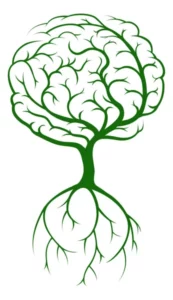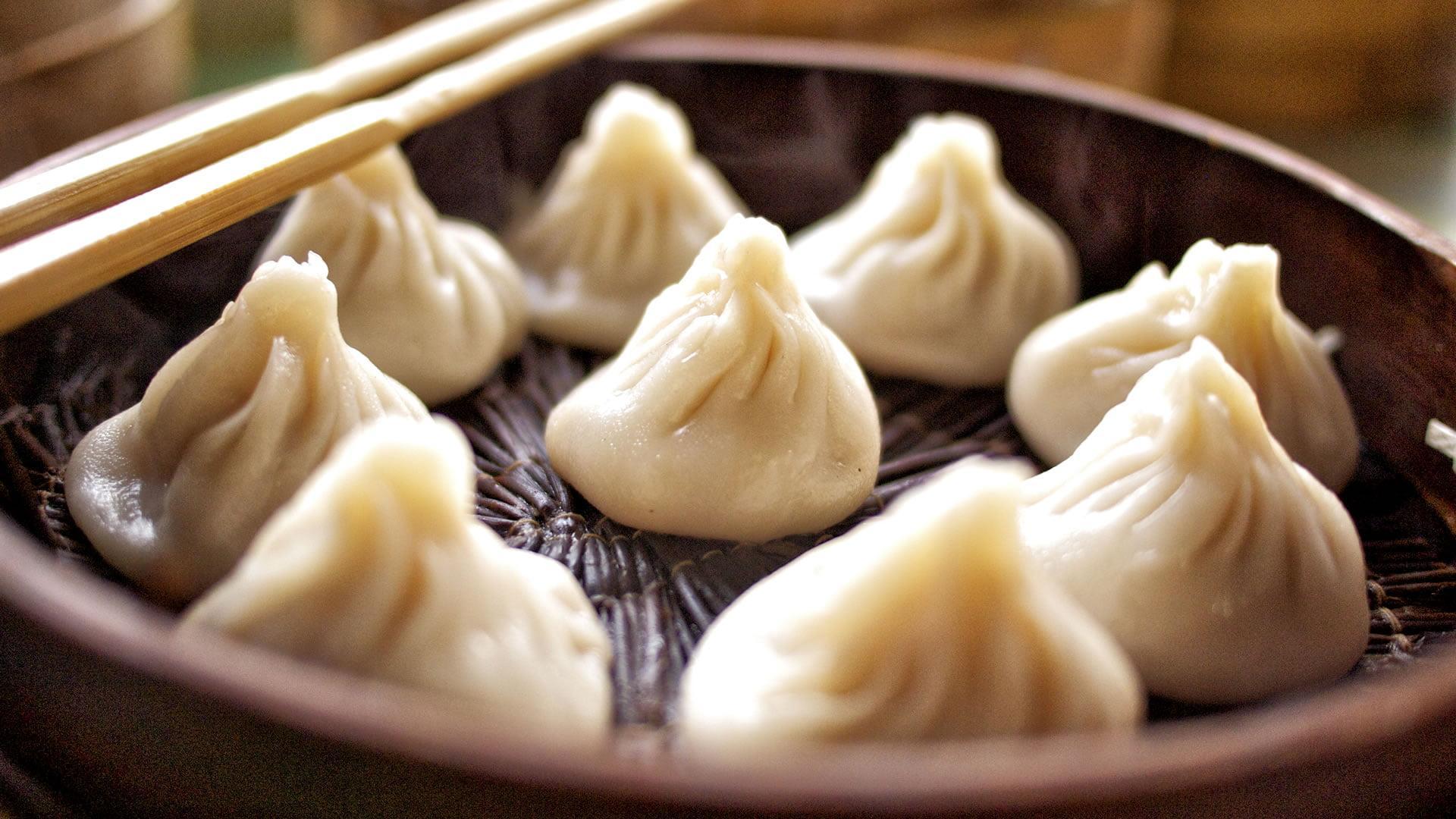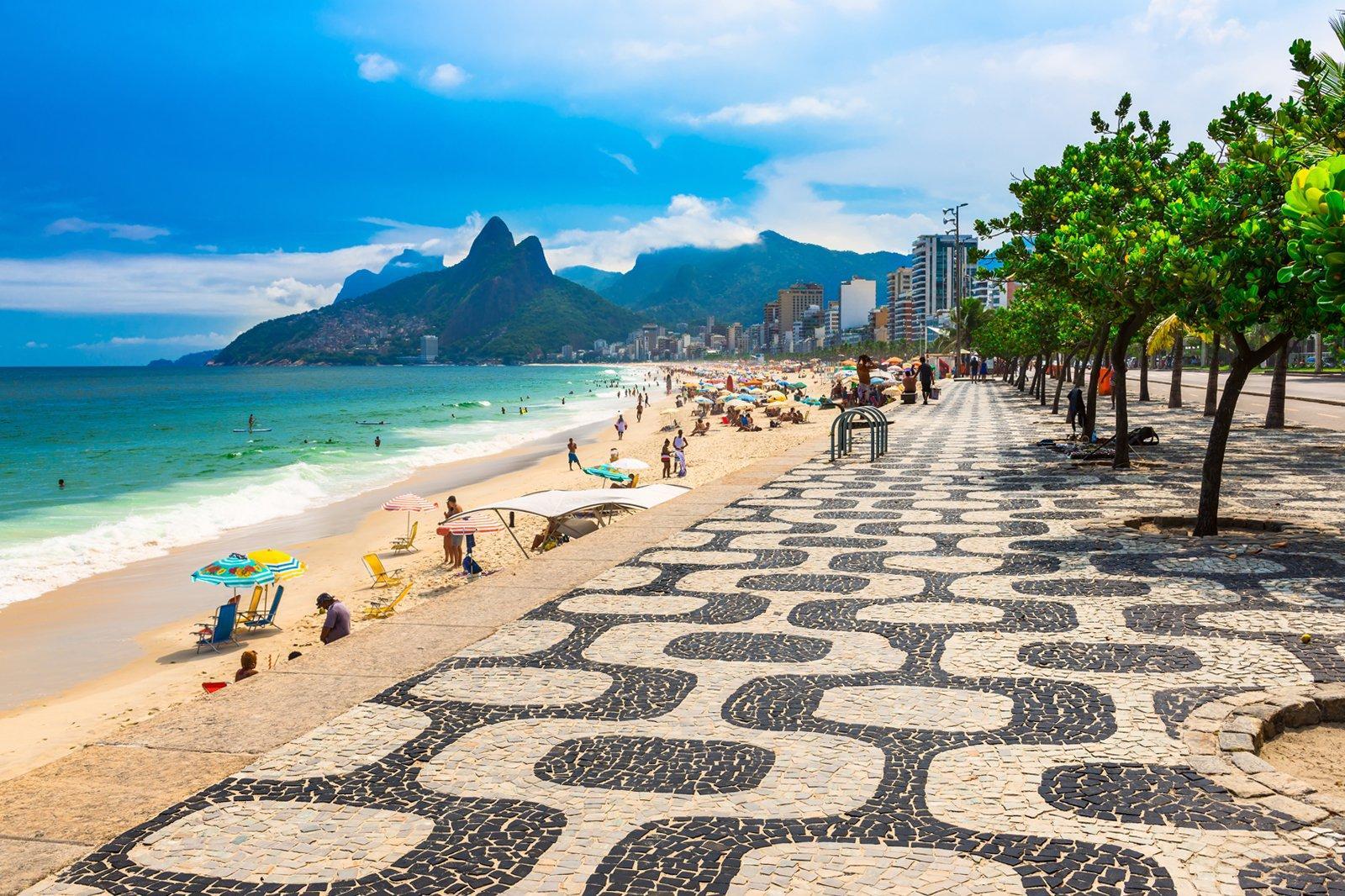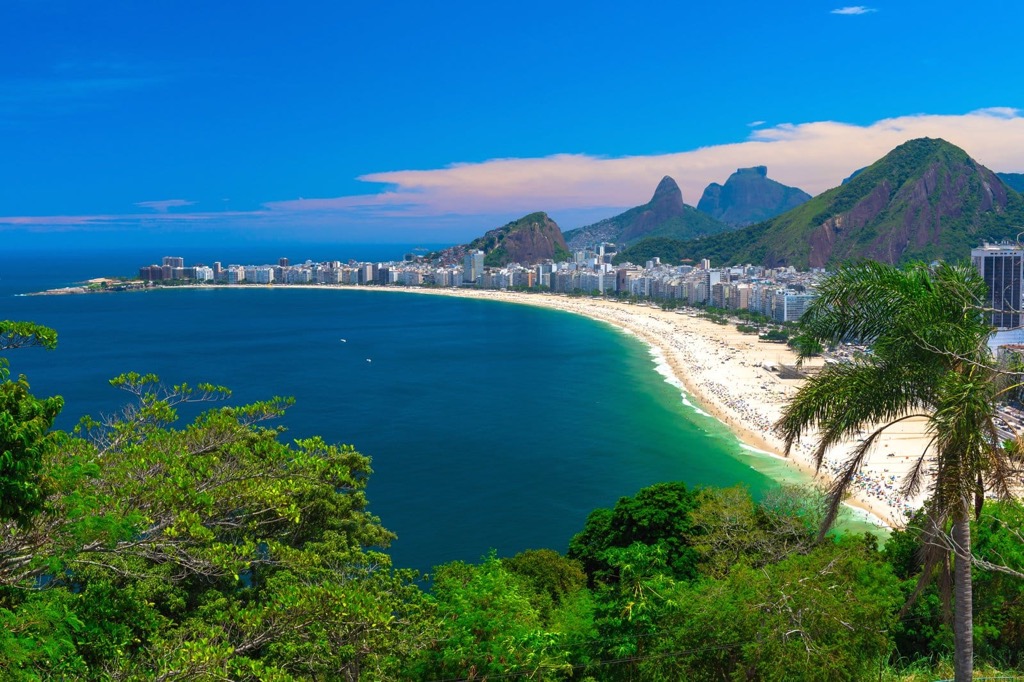“Every man can, if he so desires, become the sculptor of his own brain.”
—SANTIAGO RAMÓN Y CAJAL (1852–1934), neuroscientist and Nobel laureate
Experiential travel and neuroplasticity are two of my passions, and coincidentally, they are connected through a causal relationship. Recently, a noteworthy podcast led me to the revelation that new experiences and our brains are powerfully linked through the emotion of awe, which helps us appreciate the vast, systemic nature of the world. In fact, research has shown incredible connections between finding awe in your life and numerous positive effects, including enhanced creativity and selfless collaboration.
Extraordinary inherent abilities of our brains allow us to continuously adapt
I find it remarkable that our brains continue to change throughout our lives. Neuroplasticity is the scientific term that describes this malleability. Scientists have recently proven that the brain reorganizes its functions because of our personal experiences. These changes are triggered whenever we learn or experience something new, at any age.
An image of a well fertilized, growing and pruned tree has helped me to better assimilate this process. New learnings and experiences build new neuron connections, creating new neural pathways, which we may think of as branches. In this process some connections are strengthened, and others are weakened. By developing new connections and pruning underutilized ones, the brain is continuously adapting to our new understandings and perspectives.

Brain Tree
Experiential travel, the experiences we invite into our lives, shapes our brains
Experiential travel is about authentically experiencing various cultures, traditions, and beliefs around the world. It’s about being open to new experiences and willing to step into another’s shoes, leaving behind your preconceived notions. As Wikipedia defines it, “The goal is to more deeply understand a travel destination’s culture, people, and history by connecting with it, more than just by visiting it.”
New perspectives will change you. And guess what? They will change the structure and connections in your brain too! David Eagleman, one of my favorite authors on neuroscience, writes in his recent book The Brain: The Story of You:
“All the experiences in your life – from single conversations to your broader culture – shape the microscopic details of your brain. Neurally speaking, who you are depends on where you’ve been. Your brain is a relentless shape-shifter.”
The power of awe
In the 2023 Hidden Brain podcast “Happiness 2.0: The Reset Button,” psychologist Dacher Keltner shares his findings about the importance of “awe.” This podcast helped me connect the dots. Keltner defines the power of awe as a universal, innate emotion that is felt when in the presence of something vast that transcends your current understanding of the world.
Awe is inspired by the vastness of something larger than yourself, and by something that transcends your brain’s existing framework for understanding the world around you. This simultaneous feeling of vastness and transcendence is, in a word, awesome!
Before I listened to the podcast, I thought I was an adventurous nomad whose hobby was to keep learning. I now understand that what fuels me in my travels are “encounters with awe,” and the transformative effects that feeling has on my being – deconstructing my egoistic self, revealing new ways of understanding the world, and helping me see how I fit into it.

Soup dumplings, or xiao long bao, is a classic Shanghainese dish and one of the most popular dim sum in Hong Kong.
Keltner explains that from an evolutionary perspective, we are predisposed to the power of awe in order to feel connected to the collective systems and to help us holistically understand the bigger picture and its constructions. “Awe is a destabilizing emotion…it leads you to look for new knowledge to make sense of the world…it leads you to abandon past knowledge structures or assumptions.”
Of course, this emotion can be found anywhere. You do not need to physically travel, but you do need to give yourself the time to slow down, to be curious and to step outside of our very structured, modern routines. When was the last time you felt “awe”?

Ipanema Beach, Rio de Janeiro, Brazil
You can explore any city in search of “awe”, including your own! When I was living in Hong Kong, I burst my expat bubble as frequently as possible. I wanted to learn the “local” way. I learnt Chinese calligraphy and the beautiful meanings behind this art. I befriended a Qigong master as she shared with me the mysteries of Chinese metaphysics. I took classes at Hong Kong University to understand traditional Chinese Medicine. I researched and understood the importance of Feng Shui, and how Hong Kong’s world-famous skyline was affected by this practice. I learnt how to cook dim sum.
My hometown of Rio de Janeiro also never ceases to surprise me. I recently took my teenage daughters to enjoy several new experiences, including a concert, a cooking class, rock climbing in nature and a day in the community of a samba school. We met people we probably would have never crossed paths with, tasted different flavors, enjoyed fantastic rhythms, and were enchanted with wonderful views from a different perspective whilst hanging from a rope. All these experiences taught us something new, about us too, and connected us to the people and to the city in a very different way.
As Keltner says, “Awe quiets the egoistic, self-focused sense of personal identity and opens you up to the big things that you are connected to.” Encounters with awe have allowed me to wonder with a beginner’s mind, to look at things fresh, and gradually and consistently build a very clear systems view of the world, whilst simultaneously discouraging my egoistic self. These moments of connection are what feed my soul, and also what structures and restructures my brain too. I will continue to search for these opportunities, everywhere. I invite you to make a list of places and experiences you would like to explore, and to deliberately bring more awe into your life.


